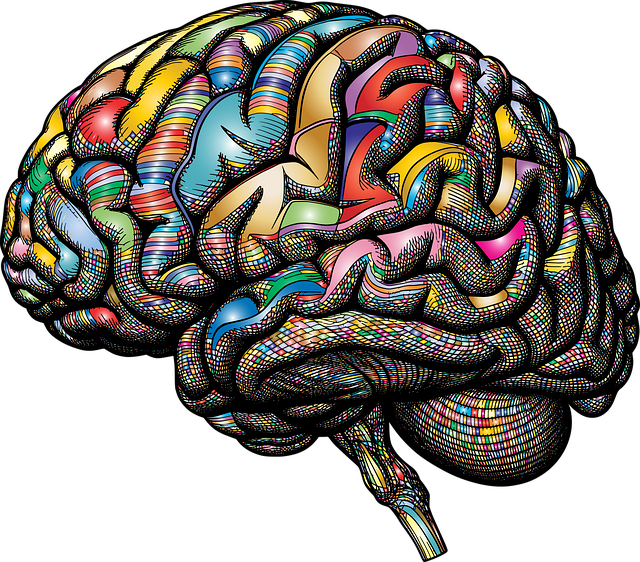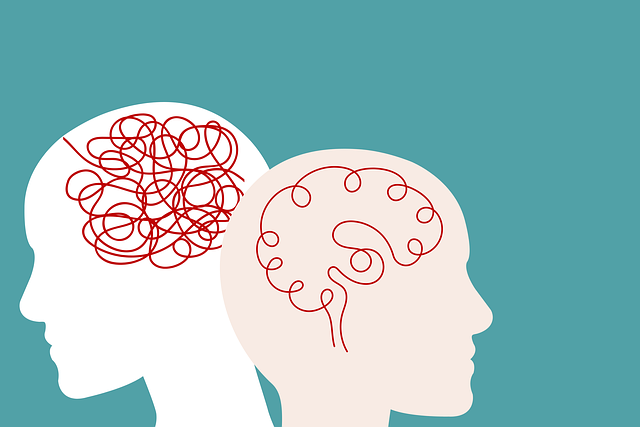The text highlights the detrimental impact of stigma on individuals with PTSD, hindering access to crucial therapy services like those offered at Westminster Post-Traumatic Stress Disorder Therapy. Overcoming this barrier requires a multi-faceted approach: education, awareness programs, conflict resolution training, and inner strength development. By fostering acceptance in clinical settings and communities, Westminster aims to reduce stigma through empathy-building workshops, non-judgmental spaces, evidence-based therapies, and community engagement initiatives that promote mental wellness, resilience, and support for those dealing with PTSD.
“Stigma surrounding mental illness remains a significant barrier to seeking help, often exacerbating existing conditions like Post-Traumatic Stress Disorder (PTSD). This article delves into the multifaceted approach to reducing this societal scourge. We explore the profound impact of stigma on mental health, offering insights from clinical settings and highlighting successful strategies.
Furthermore, we emphasize the role of community engagement and education as a holistic solution, aiming to foster understanding and empathy. Drawing from various perspectives, we aim to inspire meaningful action, especially in the context of Westminster, where access to PTSD therapy could be enhanced by stigma reduction efforts.”
- Understanding Stigma and Its Impact on Mental Health Seeking
- Strategies for Effective Stigma Reduction in Clinical Settings
- Community Engagement and Education: A Holistic Approach to Changing Attitudes
Understanding Stigma and Its Impact on Mental Health Seeking

Stigma surrounding mental health issues is a significant barrier to individuals seeking help and recovery. It often manifests as negative attitudes, stereotypes, and discrimination, creating an environment where those affected feel ashamed, isolated, and afraid to disclose their struggles. This can be particularly detrimental for conditions like Post-Traumatic Stress Disorder (PTSD), where understanding and empathy are crucial for healing. The impact of stigma extends beyond the individual, hindering community support and access to effective therapy, such as Westminster PTSD therapy services.
Addressing mental illness stigma requires a multifaceted approach. Community outreach programs that educate and raise awareness can foster an environment of acceptance. Teaching conflict resolution techniques and promoting inner strength development are essential tools in this process, empowering individuals to navigate challenging conversations and build resilience. By dismantling the enigma surrounding mental health, we can ensure folks receive the necessary support without hesitation, taking significant steps towards a healthier and more supportive society.
Strategies for Effective Stigma Reduction in Clinical Settings

Stigma reduction efforts in clinical settings play a pivotal role in creating an environment that supports individuals seeking mental health services. One effective strategy is to integrate education and awareness programs that provide accurate information about specific mental health conditions, such as Post-Traumatic Stress Disorder (PTSD). Workshops and seminars can help both healthcare professionals and the wider community understand the nuances of various disorders, fostering empathy and breaking down misconceptions. For instance, introducing Self-Awareness Exercises and Mindfulness Meditation techniques can empower individuals to take charge of their mental well-being, reducing the reliance on external stigma-related pressures.
Additionally, clinical settings can promote a culture of openness by encouraging active listening and non-judgmental attitudes. Healthcare providers should be trained to create safe spaces where patients feel comfortable sharing their experiences and concerns. By normalizing conversations about mental health, clinicians can contribute to reducing the social isolation often associated with stigma. This approach, coupled with evidence-based therapies like those offered at Westminster, can significantly impact depression prevention and overall mental wellness promotion.
Community Engagement and Education: A Holistic Approach to Changing Attitudes

In the battle against mental illness stigma, community engagement and education are powerful weapons that can foster a culture of understanding and support. By bringing people together and sharing knowledge, communities can dispel myths and reduce the isolation often associated with mental health struggles. This holistic approach starts with raising awareness about various conditions, such as Post-Traumatic Stress Disorder (PTSD), and their impact on individuals’ lives. Workshops, community forums, and educational programs facilitate open conversations, encouraging folks to share experiences and learn from one another.
Westminster’s commitment to mental health advocacy plays a significant role in breaking down barriers. Through initiatives that promote Confidence Boosting and Conflict Resolution Techniques, residents gain valuable skills to navigate life’s challenges. Moreover, emphasizing Positive Thinking as a tool can empower individuals to take charge of their mental well-being. These efforts collectively contribute to creating an environment where those facing mental health issues feel seen, heard, and supported, ultimately reducing stigma and fostering resilience within the community.
Mental illness stigma reduction is a multifaceted effort that requires both clinical and community engagement. By implementing effective strategies, such as those discussed for clinical settings and community education, we can foster more inclusive environments. Initiatives like the Westminster Post-Traumatic Stress Disorder (PTSD) Therapy program highlight successful models that not only alleviate mental health challenges but also dispel myths surrounding them. Continued efforts to educate and engage communities are essential in creating a society where everyone receives support without fear of judgment or discrimination.













